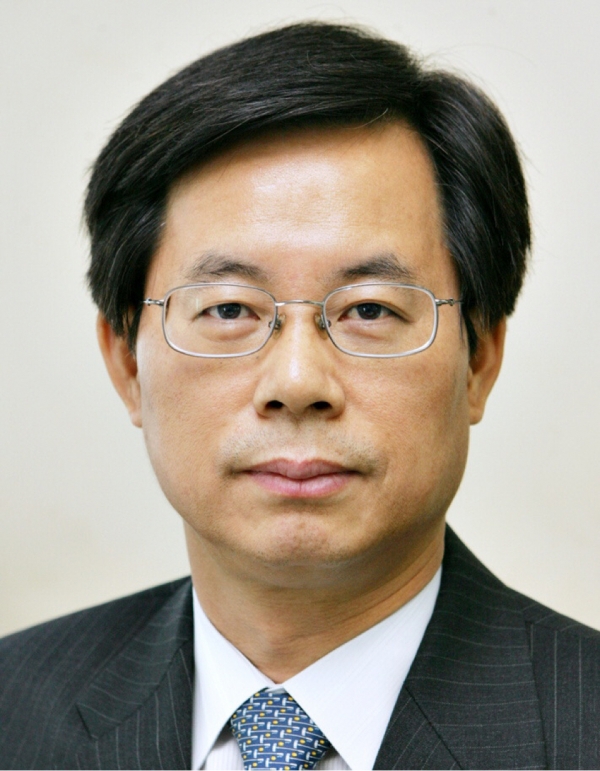According to a recent World Trade Organization (WTO) report, the world trade is expected to plummet by between 13% and 32% in 2020 due to the novel coronavirus (COVID-19) pandemic. To be more precise, the best scenario might be the trade falling of 13%. However, the worst case scenario is that, if the pandemic is not brought under control and the governments fail to recover from the economic inactivity, soon the world trade decline could be down to 32% or more. The COVID-19 pandemic disrupts the global economic activity and our normal life, including the education system worldwide for the last four months.
Many economists compare this economic downturn with the financial crisis of 2008 and even the Great Depression of the 1930s. However, the basic causes of recent economic mismatch of supply and demand are totally different from the previous ones. Lockdowns and social-distancing movement, i.e. suppression policy, hinder business activities all over the world. The only effective “prescription” is “to wait until the coronavirus vaccine and treatment is invented.” The uncertainty about the pandemic’s duration makes most businessmen hesitant in starting a new investment. Wise entrepreneurs are intuitively reluctant to resume the economic activity under such circumstances. In other words, when the pandemic ends is the key factor to the normalization of the global supply chain. Moreover, the world trade and output could rebound nearly to their pre-pandemic trajectory as early as 2021, regardless of how steep the initial decrease is. Korea, whose economy is heavily dependent on foreign trade, is vulnerable to the current crisis and thus has more difficulties in recovering. In fact, Korea’s exports in April this year plunged 24% due to the coronavirus pandemic and temporarily suffered a trade deficit of $950 million.
COVID-19 is also rapidly changing the campus. Students and professors have come to accept the newly-made teaching style. Cyber teaching online class, such as Zoom conference, is prevalent during this semester and, perhaps, afterwards. A variety of extracurricular activities are also not possible. After COVID-19 subsides, campus culture will be different in various aspects. The previous curriculum will not be taken for granted. New unfamiliar types of campus behavior could be easily found on the campus. Ongoing trend of online courses will change the class schedule of the students. Since there is no time limit to the “last class of the day,” students can take courses as late as midnight. Moreover, some students will listen to online classes all day long to graduate earlier than originally intended. In this case, a new regulation might be necessary to limit the number of courses that the students can register for within a specified period of time. On a positive note, students can take more classes and have an easier access to diverse classes. On the other hand, professors will no longer sit and wait until the students apply for their courses. Now, all they need to do is to actively provide better-qualitied lectures in order to attract students. This is an interesting change in the relationship between student and professor.
As we move into a newly industrialized world of automated manufacturing and artificial intelligence (AI), COVID-19 is accelerating such development. Fortunately, Korea is ready to tighten its belt to come up with the upcoming new changes. Our bio health industry, which focuses on the production of test kits for the coronavirus, is well recognized all over the world. In terms of innovation, however, the academic sector is falling a bit behind the other spheres. The COVID-19 outbreak has provided an unprecedented opportunity to reshape the whole education system.
David Rockefeller once said, ‘‘If necessity is the mother of invention, discontent is the father of progress."

Kim Moo-han
[Professor, Global Commerce]


